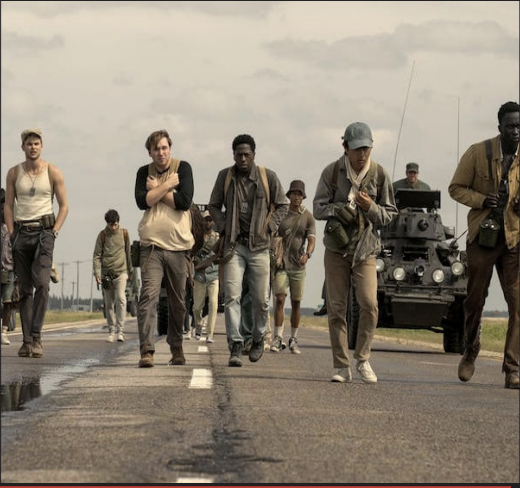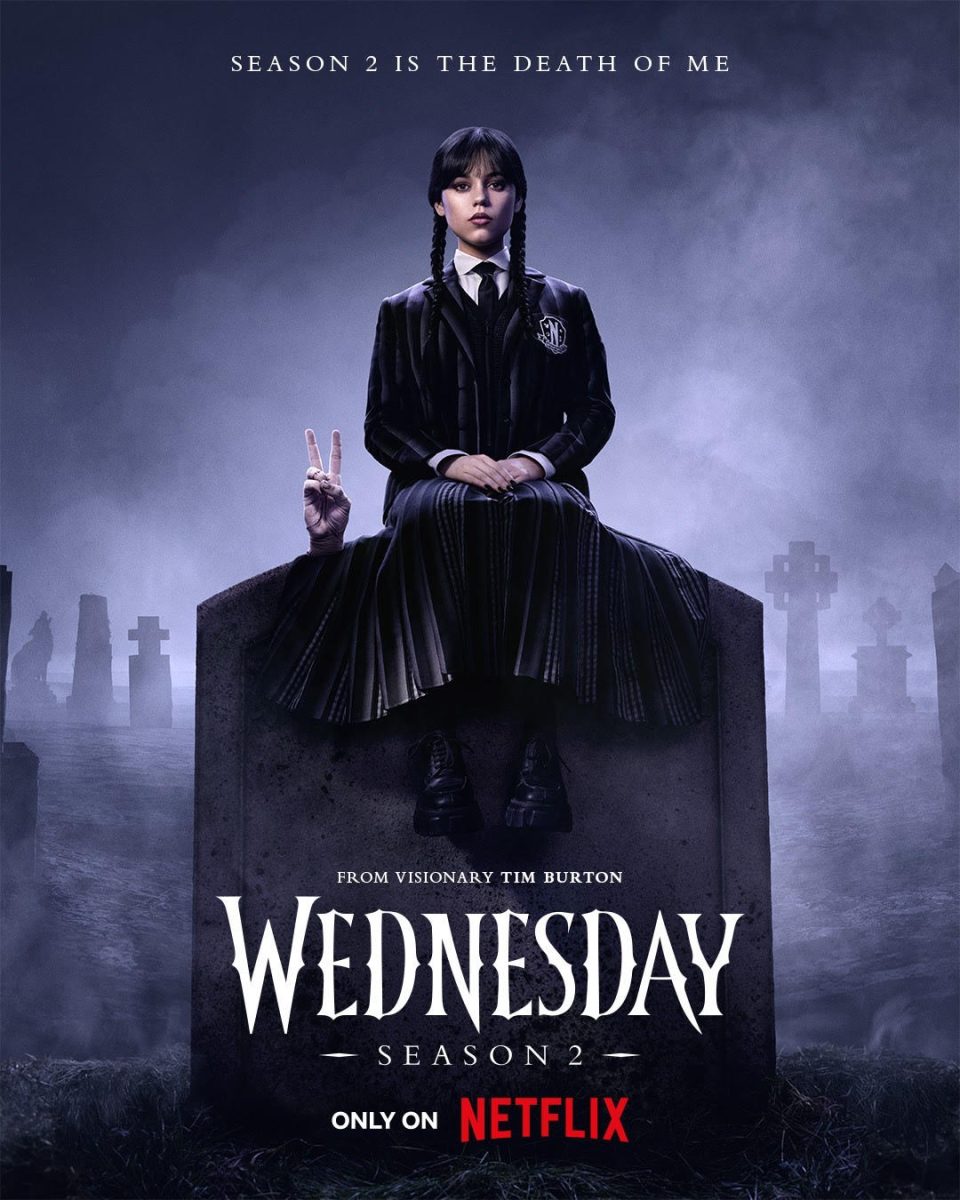er the pen name Richard Bachman during his freshman year of college. It was published over 10 years later, becoming what many believe to be one of King’s best works. Almost 50 years later, the book has been adapted into a major-motion picture of the same name. Directed by Francis Lawrence, it follows several of the major characters from the book with both major and minor differences.
In the book, 100 boys are selected to compete in “The Long Walk”, an annual competition where the boys walk continuously at a pace of four miles per hour. If the walker slows below this speed, he receives a warning. After three warnings, the walker gets a ticket, which the readers quickly learn is a bullet to the head. The last walker remaining receives “The Prize”, anything he wants for the rest of his life. In the film, the number of boys is cut in half to 50, each boy representing one of the 50 states and the pace is dropped to three miles per hour. “The Prize” in the movie is unlimited riches, but only one wish.
Ray Garraty (Cooper Hoffman) is the main character of both the book and the film. Hoffman’s acting is not anything to write home about, but he portrays the character well. In the book, Garraty’s internal struggle is written about throughout the walk. The movie watchers lose the internal dialogue, but gain these inner feelings from conversation with other characters. Garraty quickly forms a bond with three other walkers, Peter McVries (David Jonsson), Hank Olson (Ben Wang), and Arthur Baker (Tut Nyuot), who refer to themselves in both the book and movie as the musketeers.
Jonsson’s acting was one of the highlights of the film. Jonsson portrays McVries to excellence while also showing the character in a new light. He brought light, hope, and passion to the group. Wang brings comedic relief through his portrayal of Olson, but also falls short in conveying Olson’s character that is much more developed in print. Art Baker is a poor, Christian boy from Baton Rouge. Nyuot’s acting rose above the rest during the film. He shows the hard state the country is in when the story is set, but still plays Baker’s character perfectly.
Both the movie and the book also include some antagonizing characters, while also maintaining the impending doom of getting a ticket. The Major (Mark Hamill) hosts and oversees the walk. He is respected by all at first, but as the walk continues, the walkers begin to have severe hatred for him. Gary Barkovitch (Charlie Plummer) is a punk who no one seems to like and maintains snarky remarks about the rest of the walkers throughout the movie and book. Billy Stebbins (Garrett Wareing) is another walker who keeps his distance from the group, but never seems to tire. He also tries to wear out the other walkers with remarks, even going as far as saying he feels he could walk to Florida in the book.
The movie is set in Maine, but the landscape in the movie is very desolate and flat, which brings a feeling of despair throughout the movie. The filmmakers do not hold back on the gore in this movie, so viewers with weak stomachs, be prepared. For fans of the book, who plan on going to see the movie, be warned. Be prepared for multiple “combination” characters (separate characters in the book are combined into one), as well as a massive plot twist that readers will never see coming, which is true to fashion for many of King’s book to movie adaptations. If readers expect a movie that follows the book in detail, they are in for a big surprise. Even though the film contains many differences from the book, Lawrence still manages to produce a must see movie.








